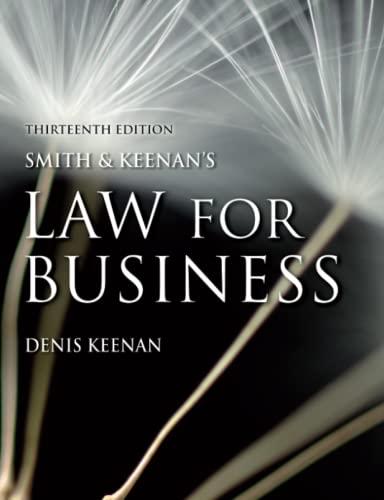Module 3 - Class Discussion - Devaluation of Black Skin in the American Justice System Contemporary Comparison - Southern v. Commonwealth and Trayvon Martin "Stand Your Ground.\" Stand Your Ground laws such as the one in the Trayvon Martin case, alter traditional laws on self-defense to permit the use of force, including deadly force, in a broader range ofsituations in public. In other words, they classify more killings as justied and punish fewer as murders. In Soother v. Commonwealth, an important case for its time because the court refused to give slaveowners total immunity from the laws punishing murder of their slaves, although the \"punishment" for the murder of a Black life reveals how little value was placed on the humanity of those enslaved. The Soother case further demonstrates how the Courts continued support for white supremacy and racial hierarchy meant that slavery in America did not endit evolved. The identities of many white Americans, especially in the South, were grounded in the belief that they were inherently superior to African Americans. Many white people reacted violently to the requirement to treat their former \"human property\" as equals and pay for their labor. In both Soother and Trayvon Martin cases, what is evident is the devaluing and dehumanization of Black lives in ajudicial setting in comparison to non-Black individuals. Codied in law, Black citizens sub-human status was written into Article 1 Section 2 of the US Constitution, which considered Black slaves three-fths a person for all intents and purposes. Such a vicw was further entrenched in Dred Scott v. Sondford (IRS?) which held that Blacks, whether enslaved or free, could not be US citizens and Plessy v. Ferguson 0896), conrming the right of individual states to uphold racial segregation. 1. Using the facts of Southern and the Troyvon Martin case, discuss if you agree the Court shows a tendency to devalue Black life in both instances? Explain your answers. 2. Discuss whether there are comparisons either real or \"metaphorically\" speaking, between Sam (not worthy of'a last name apparently at the time!) and Trayvon Martin. If so, how would you describe those comparisons? 3. Discuss whether dehumanization, an enduring feature of the Black experience, continues to inuence their experiences with crime justice systems including law enforcement agencies? Support your assertions with examples







